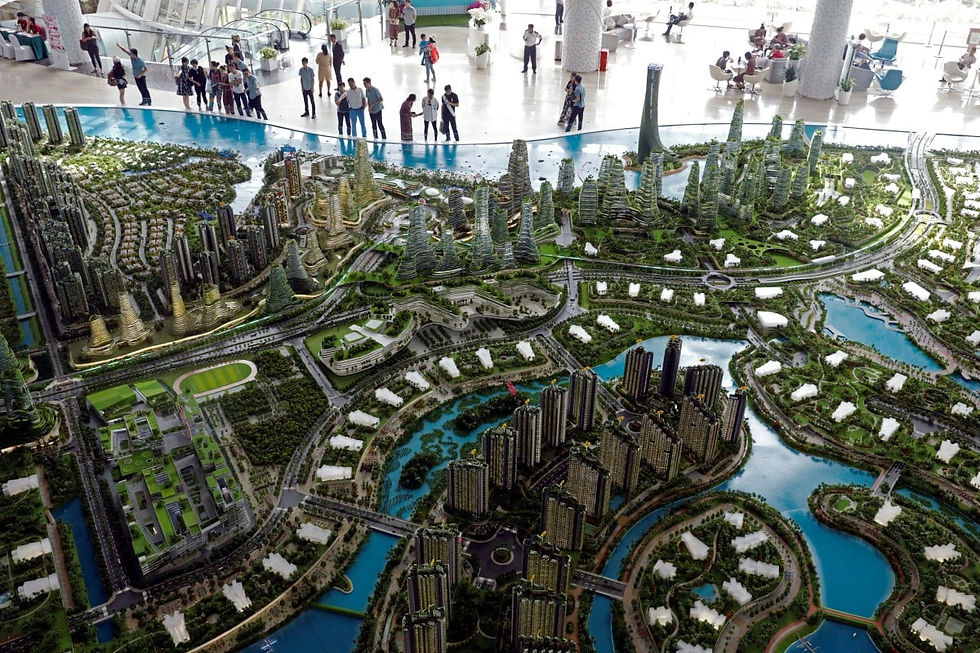Malaysia and Singapore to Establish Massive Johor-Singapore SEZ, Rivaling Shenzhen in Scale
- APAC Foreign Investment Brief

- Jan 7
- 2 min read
Malaysia and Singapore are set to sign a landmark agreement to establish the Johor-Singapore Special Economic Zone (JS-SEZ), a vast free-trade area nearly twice the size of Shenzhen. Spanning Johor's Iskandar Malaysia and Pengerang regions, the JS-SEZ aims to boost economic growth, ease transit of goods and people, and attract investments with tax incentives and improved infrastructure.
After years of delays, Malaysia and Singapore are poised to finalize the Johor-Singapore Special Economic Zone (JS-SEZ), a significant free-trade area that will encompass Johor's Iskandar Malaysia and Pengerang regions. The JS-SEZ, modeled after the Shenzhen Special Economic Zone, aims to facilitate the movement of skilled workers and goods across one of the world's busiest borders.
The agreement, expected to be signed by Malaysian Prime Minister Anwar Ibrahim and Singaporean Prime Minister Lawrence Wong, promises tax breaks and streamlined business processes to attract multinational firms and investors.
The JS-SEZ is set to provide a much-needed economic boost to Johor, which has struggled post-pandemic. The region's ample land and resources are highly coveted by Singapore for data centers, while Johor seeks to benefit from Singapore's capital and skilled workforce. The SEZ is projected to generate nearly US $6 billion annually over the next six years, with new infrastructure, condos, and jobs revitalizing the area. Johor's state government has identified 16 economic focus areas, including manufacturing, electronics, halal industry, and tourism.
To further entice investors and talent, Malaysia and Singapore will work towards passport-free immigration clearance across the Causeway and simplified business approvals. Enhanced public transport connectivity, including a rapid transit system linking northern Singapore to Johor Bahru, is also planned. The JS-SEZ is expected to transform Johor's economy, providing significant benefits to both Johor and Malaysia as a whole.
Johor has already seen the potential spillover from Singapore even before the JS-SEZ was mooted, with the rapid growth in demand for land to build data centres after the city-state banned the construction of new data centres in 2019.
The southern Malaysian state now hosts at least 22 data centres from virtually none in 2019, with dozens more in the pipeline over the next couple of years, as data centre operators are drawn to Johor’s abundant land, cheap water and energy.





Comments